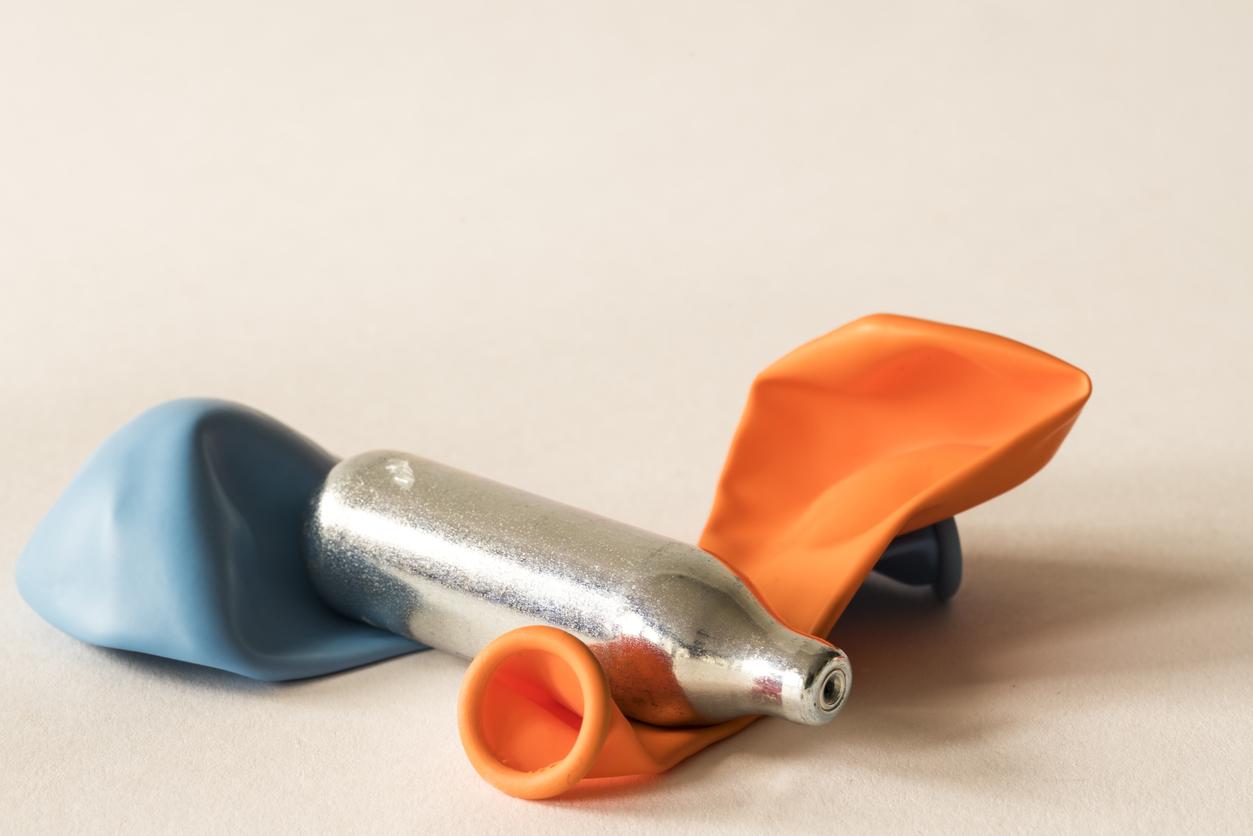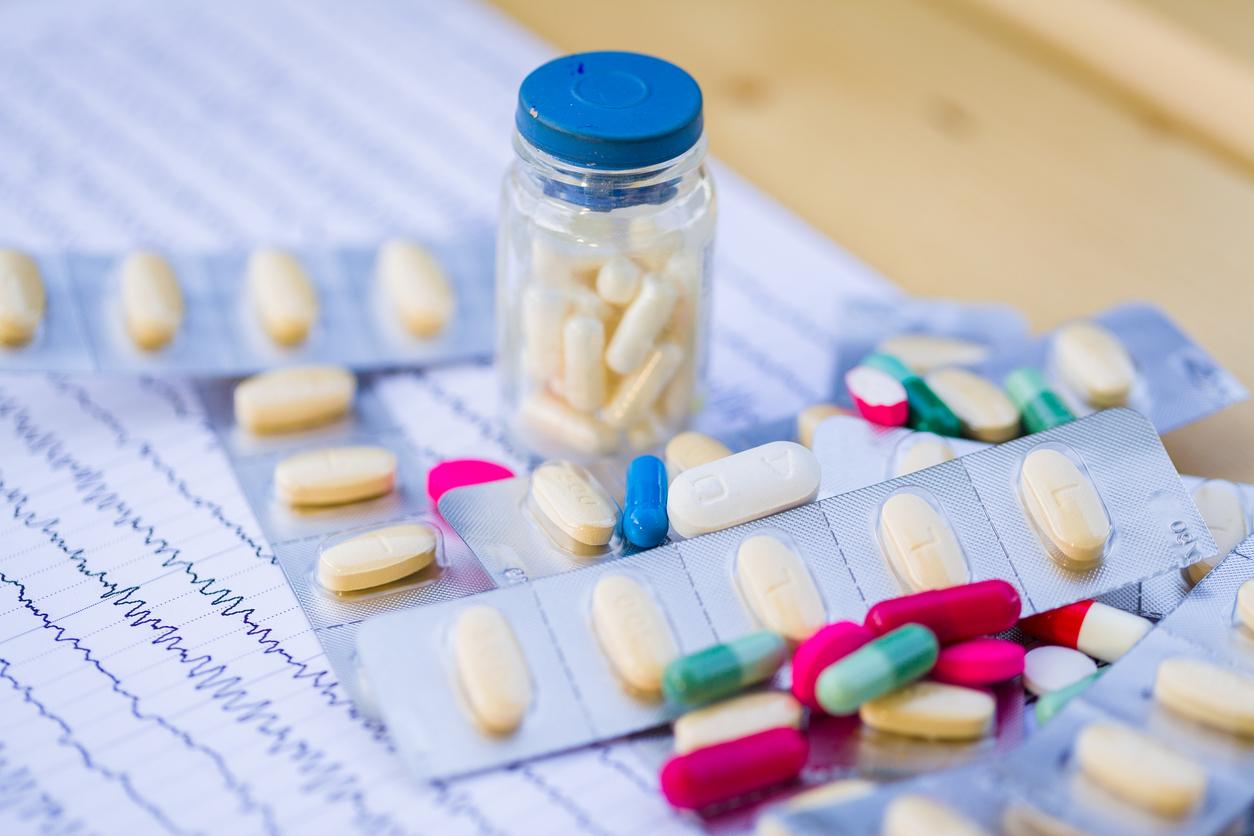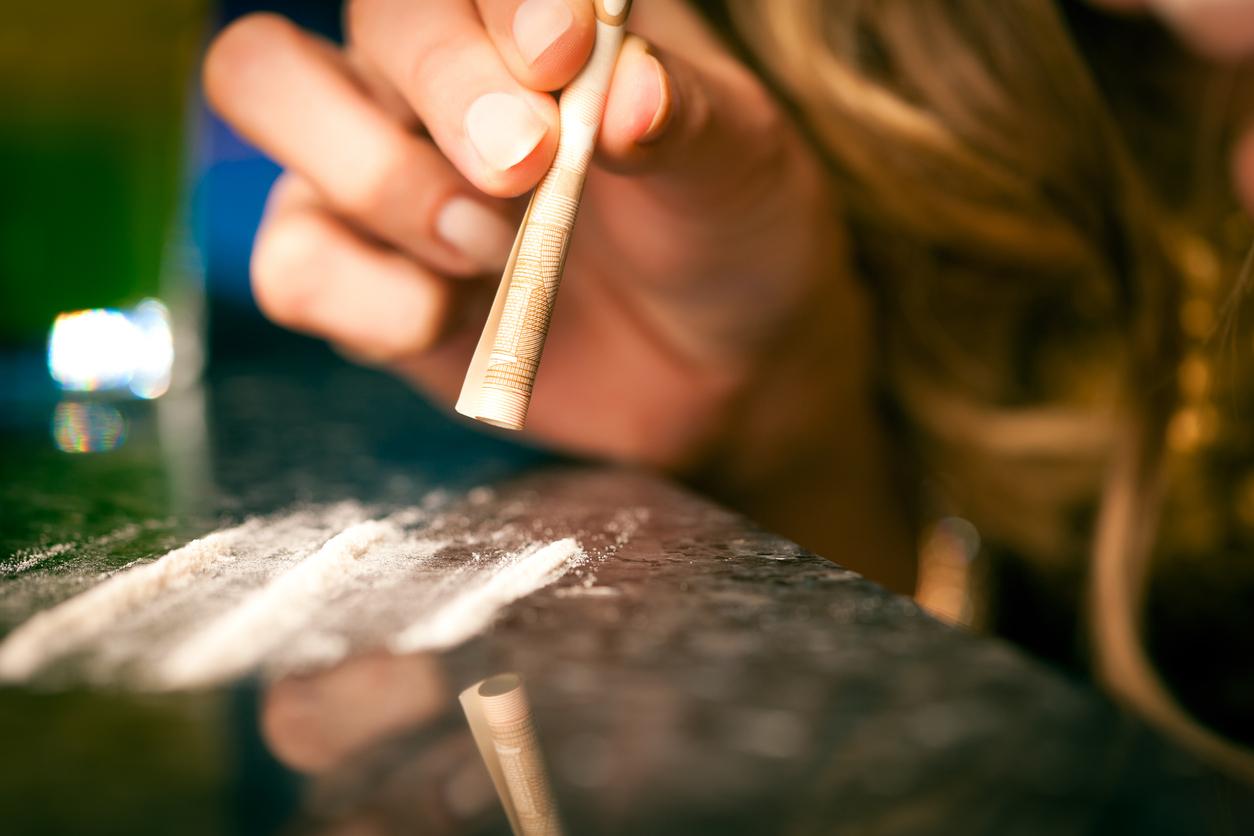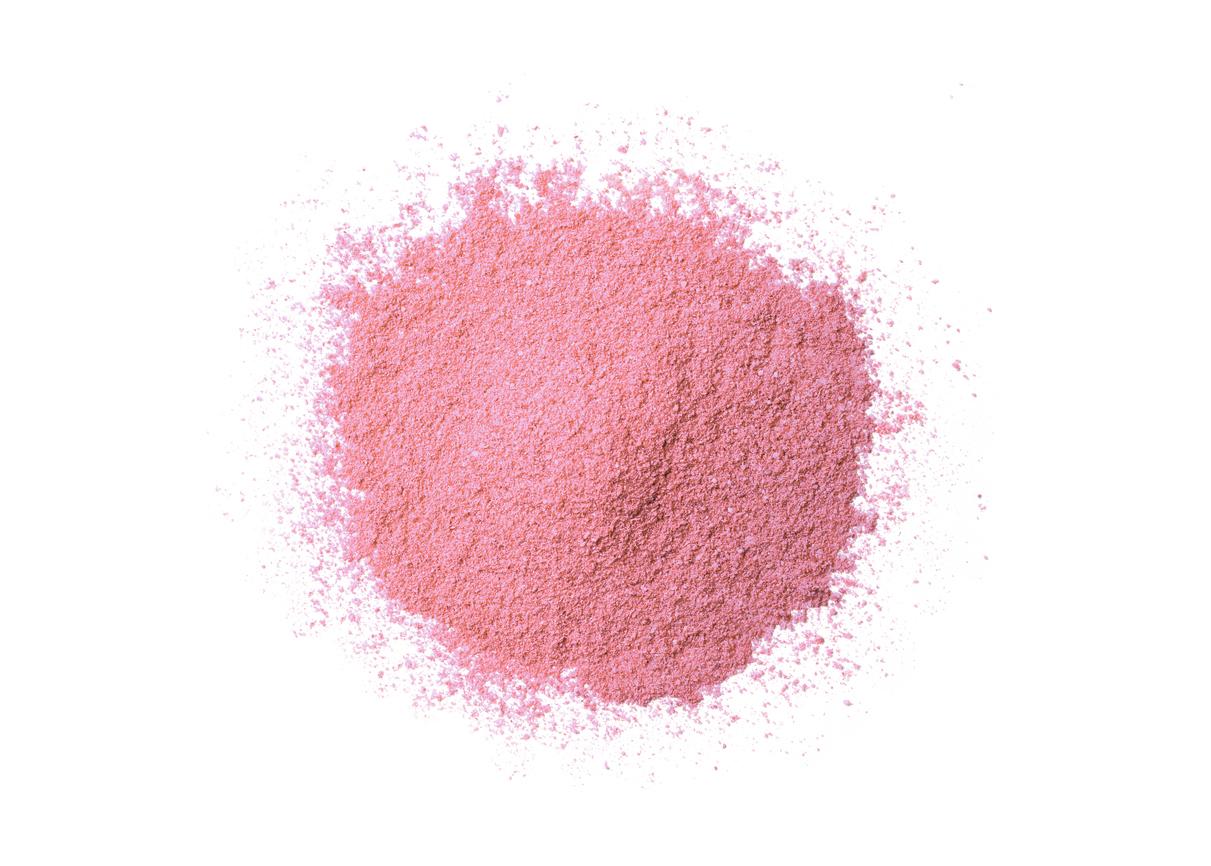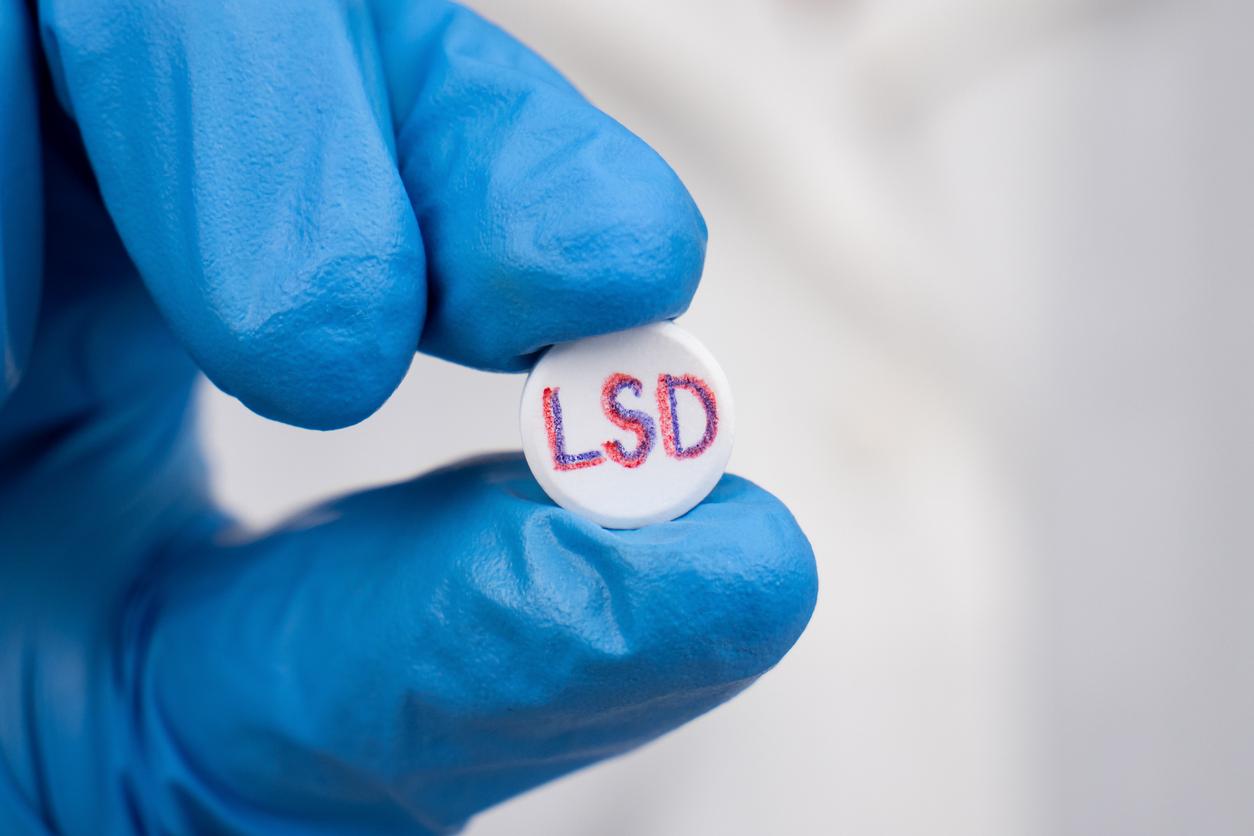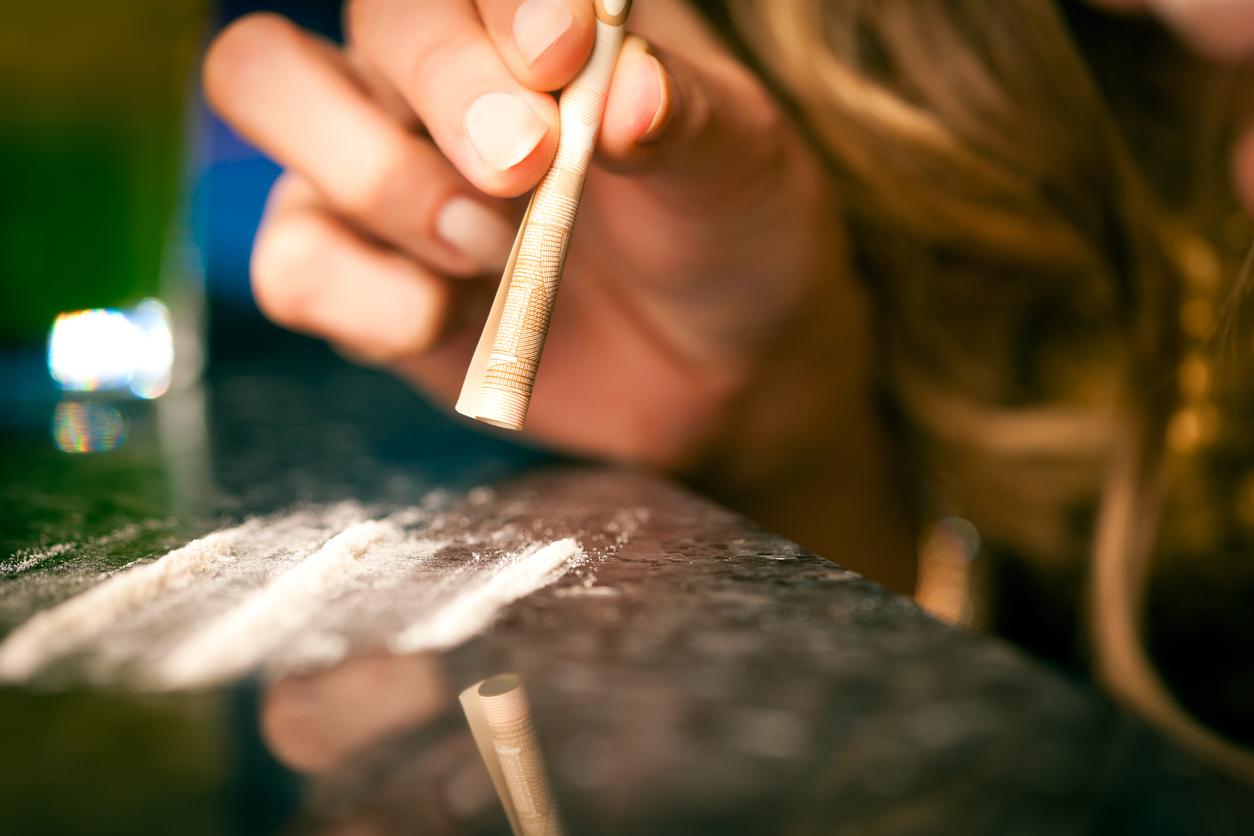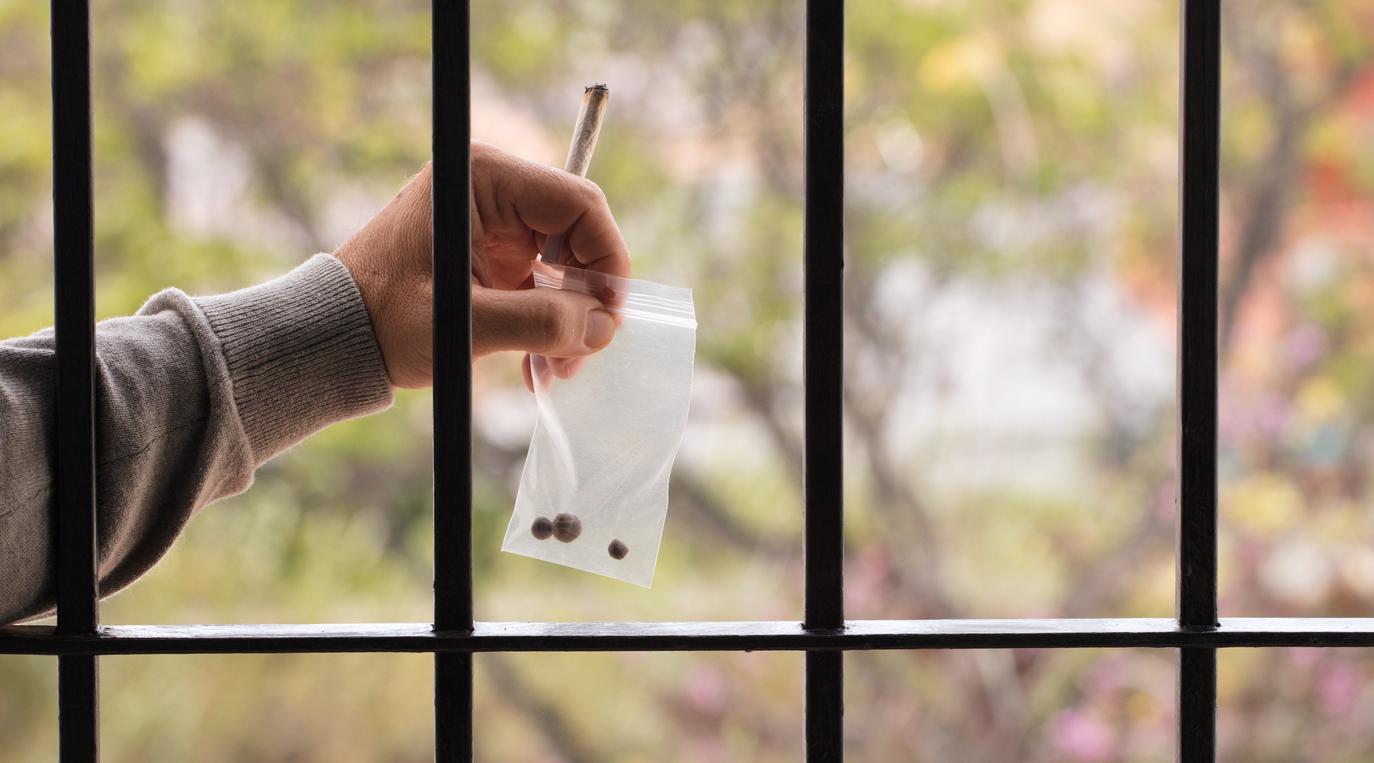The National Agency for the Safety of Medicines and Health Products (ANSM) announced, Monday, November 9, that it had been indicted for “negligent injury and manslaughter” in the case of the antiepileptic Depakine.
The ANSM claims to take “the full extent of the suffering of victims and has been working for several years to limit exposure to valproate in women of childbearing age”. She specifies that she “will respond to any questioning of justice in order to make its full contribution to the manifestation of the truth”.
This indictment “does not surprise me, it is in the direct line of the condemnation of the State by the administrative tribunal of Montreuil”, reacted to Agence France-Presse (AFP) Marine Martin, president of Apesac. Recall that this sentence, pronounced in July, saw the State summoned to compensate several families of severely disabled children. “I hope that this will allow the State not to quibble and to properly compensate the victims of the Dépakine”.
“We are moving towards a major Dépakine trial”declared Charles Joseph-Oudin, lawyer of the association. In this case, more than fifty civil parties are formed, according to the lawyer. Expert assessments must now be carried out to establish a link between in utero exposure to Dépakine and the pathologies of the victims.
The investigation was opened in 2016 with the Paris judicial court, following a procedure initiated by the Association for the Assistance of Parents of Children Suffering from Anticonvulsant Syndrome (Apesac), representing 4,000 people, half of them sick children, based on fourteen cases of mothers who received Depakine during their pregnancy.
What is Dépakine?
Depakine® is a drug from the family of non-barbiturate anticonvulsants: formulated with sodium Valproate and marketed since 1967it is prescribed in particular in the event of epilepsy, bipolar disorders or even fever-related convulsions in children.
This medicine is marketed in several forms: there is in particular a syrup (Dépakine® 57.64 mg / mL), gastro-resistant tablets (Dépakine® 200 mg and Dépakine® 500 mg) and an oral solution (Dépakine® 200 mg / mL).
Among the contraindications of Dépakine® we can in particular quote: pregnancy, childbearing age and hepatitis.
Dépakine: how many victims?
In April 2017, the National Medicines Safety Agency (ANSM) and the Primary Health Insurance Fund (CNAMTS) estimate that 14,000 pregnant women were exposed to sodium valproate (Dépakine®, Dépakote®, Dépamide®, Micropakine® and generics) between 2007 and 2014. The health authorities confirm the “highly teratogenic” character (that is to say: likely to cause malformations, including serious neurological disorders ) of these drugs.
And the affected children are numerous: “over the entire period since its marketing (1967-2016), the total number of malformations is estimated between 2150 (low range) and 4100 (high range)“, announces the ANSM.
In October 2020, a large study by the Health Insurance (CNAM) and the Medicines Agency (ANSM) carried out using data from 1.7 million children born between 2011 and 2014, shows that children exposed to sodium valproate during pregnancy have 5.1 times more likely to have mental retardation4.7 times more motor, learning or language disorders, and 4.6 times more autism spectrum disorders.
What is the State’s responsibility?
Thursday, July 2, the administrative tribunal of Montreuil, which was to rule for the first time on the requests filed by three families whose children are severely disabled after having been exposed in utero to the anti-epileptic Dépakine, admitted the fault of the state. The parents of five of these children, now aged 11 to 35, had appealed to the court to have the fault of the State and the health authorities recognized (Medicines Agency, Ministry of Health, CPAM, etc.). During the hearing held on June 24, the public rapporteur considered that the responsibility of the State had been established and that the latter had failed in its duty of action and information, in particular in the notices of this drug marketed by Sanofi since 1967 “of which we know today the great danger for the children of treated mothers”, relays AFP. He recommended paying five victims and their parents compensation of up to 152,000 euros per person.
The state was therefore ordered to compensate the families. The court also considered that the responsibilities were shared, to a lesser extent, by the Sanofi laboratory and the prescribing doctors.
Legal actions against Sanofi: where are we?
For their part, the associations are continuing their judicial crusade against the Sanofi laboratory: in December 2017, the pharmaceutical group was ordered (on appeal) to pay 3 million euros to Camille, a girl suffering from a general malformation syndrome linked to mother taking Depakine during pregnancy. On February 4, 2020, the Sanofi laboratory was indicted for “aggravated deception” and “unintentional injuries”. Then, on July 20, 2020, Sanofi was also indicted for “manslaughter”. This latest complaint aims to determine whether the French laboratory can be held responsible for the death, in 1990, 1996, 2011 and 2014, of four babies aged a few weeks or months.
This indictment is “a very big victory for the families of Depakine victims”reacted Apesac (Help for parents of children suffering from anticonvulsant syndrome). For its part, the pharmaceutical group claims to have “complied with its information obligations and disputes the merits of these lawsuits”. “The laboratory seized the chamber of the investigation in order to contest its indictment. All of these elements do not prejudge in any way the responsibility of the laboratory.”
Dépakine: how can I get information?
What are the risks of taking valproate during pregnancy? I am being treated for epilepsy, what should I do? I am planning to become pregnant, what should I do? … To answer the many questions of women treated with Depakine or one of its generics prescribed for epilepsy, but also with Depamide or Dépakote, treatments for bipolar disorders, the Medicines Agency (ANSM) offers an online document.
She specifies that the document will be accessible via a QR code which will appear on the box of the drugs concerned by the end of 2020.
#Depakine and #pregnancy
Find our dedicated page to limit the risk of exposure to #valproate women of childbearing age
It will be accessible via a QR code which will appear on the box of the drugs concerned by the end of 2020.https://t.co/p9irksPv84pic.twitter.com/02I3QQA08O– ANSM (@ansm) August 18, 2020
Since March 2017, a pictogram has been affixed to the boxes of Dépakine®. The objective: to reinforce information about the intake of sodium valproate during pregnancy. This pictogram was requested by Apesac since May 2015.
Dépakine scandal: the key dates
- In 2015, a first family filed a complaint against the Sanofi laboratory, which produces Dépakine. Their lawyer, Me Charles Joseph-Oudin denounces the continuation of prescriptions until 2010 despite the effects known from 1980. In all, about thirty families are defended by this lawyer.
- After the complaints, the Paris prosecutor’s office launches a preliminary investigation, which aims to establish the responsibilities between the various laboratories that produce Dépakine and its generics (Sanofi, Zentiva, Biogaran, Aguettant, Teva, Sandoz, Arrow, Mylan, EG Labo) and health authorities.
- In 2016 there followed a report from the General Inspectorate of Social Affairs (Igas) which estimated that Sanofi, but also the Medicines Agency (ANSM), showed “low reactivity” and did not sufficiently informed of the known risks to pregnant patients. This is because when a pregnant woman takes this medicine, her child has a increased risk – of the order of 10% – of congenital malformationsas well as’a high risk of autism and intellectual and / or walking delays, which can reach up to 40% of children exposed.
- In September 2016, the Minister of Health Marisol Touraine published a decree in order to “allow victims of accidents linked to health products to defend themselves collectively before the courts”.
- Shortly after, Association for Parents of Children Suffering from Anticonvulsant Syndrome (Apesac) launches group action against the Sanofi laboratory which markets Dépakine®. The reason ? A “breach of the obligation to inform” on the part of Sanofi concerning the risks of Depakine for pregnant patients. The Paris tribunal de grande instance was officially seized in May 2017.
- Summer 2020: the Sanofi laboratory is indicted for “aggravated deception”, “unintentional injuries” and “manslaughter.
- November 9, 2020: the Medicines Agency is in turn indicted for “manslaughter”.
Read also :
Depakine: accidental overdose in a baby
Dépakine®: tax health products to compensate families?
Epilepsy: Depakine is not the only antiepileptic drug at risk









